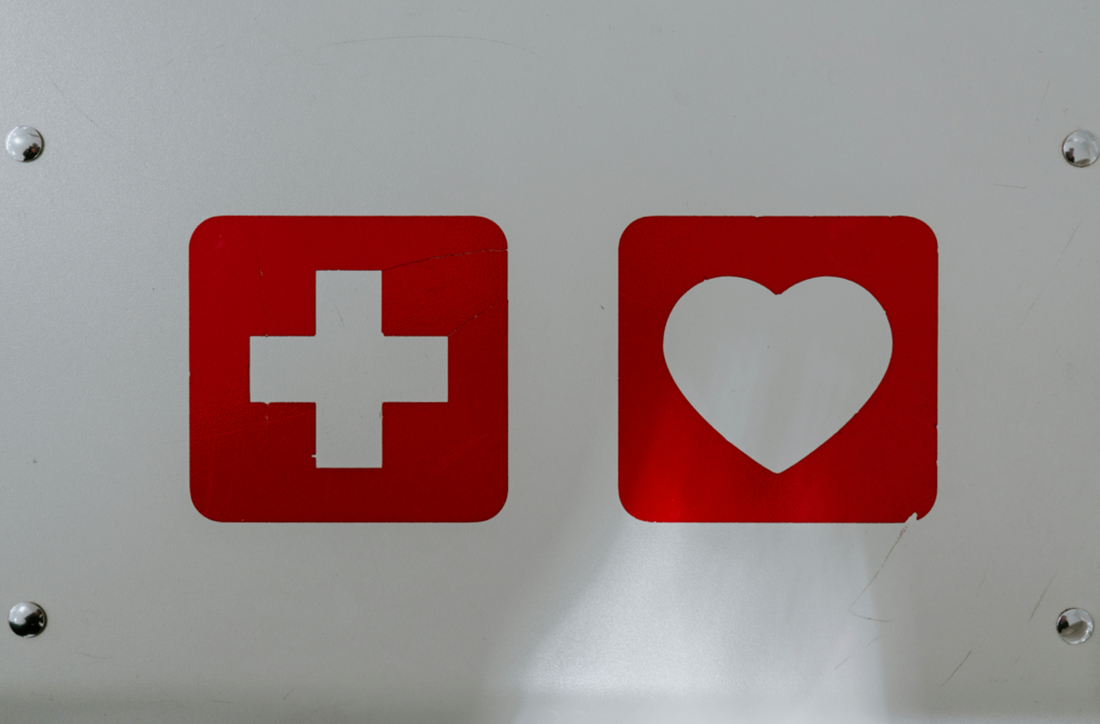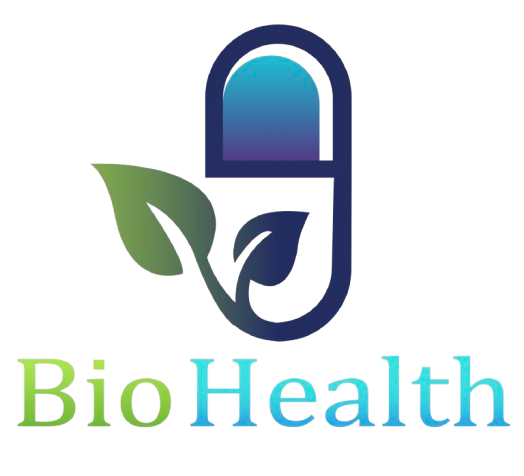
How to Build a Home Health Kit: Must-Have Medical Essentials
Share
A well-prepared home health kit can make all the difference in managing minor illnesses, injuries, and emergencies. Whether it’s a headache, a small cut, or an unexpected fever, having the right medical essentials on hand ensures that you can respond quickly and effectively. Here’s a guide to building a complete home health kit to keep you and your family safe and prepared.
1. Basic First Aid Supplies
Accidents happen, so it’s essential to have the right supplies for treating minor injuries. Your kit should include:
-
Adhesive bandages (various sizes) for cuts and blisters.
-
Sterile gauze pads & medical tape for larger wounds.
-
Antiseptic wipes & hydrogen peroxide to clean wounds and prevent infection.
-
Antibiotic ointment to promote healing.
-
Tweezers & scissors for splinters, bandages, or medical use.
-
Disposable gloves to maintain hygiene when treating wounds.
2. Medications & Pain Relief
Stocking essential medications can help manage common illnesses and discomfort. Consider including:
-
Pain relievers like ibuprofen or acetaminophen for headaches, fever, and muscle pain.
-
Antihistamines for allergies and insect bites.
-
Cold & flu medications to relieve symptoms of congestion, cough, and sore throat.
-
Antacids for indigestion and heartburn.
-
Laxatives or anti-diarrheal medicine for digestive issues.
-
Electrolyte packets to stay hydrated during illness.
3. Tools & Medical Devices
Having the right tools ensures that you can monitor and manage health conditions at home. Your kit should include:
-
Thermometer to check for fever.
-
Blood pressure monitor for those with hypertension.
-
Pulse oximeter to measure oxygen levels.
-
Ice packs & heating pads for pain relief and injuries.
-
Eye drops to soothe irritation or dryness.
4. Wound Care & Infection Prevention
Proper wound care prevents infection and speeds up recovery. Essentials include:
-
Hydrocortisone cream for rashes and skin irritation.
-
Burn ointment for minor burns.
-
Alcohol swabs for disinfecting.
-
Medical face masks to prevent the spread of illness.
5. Personalized Medications & Special Needs
Consider adding items specific to your family’s health needs, such as:
-
Prescription medications with proper labels.
-
EpiPen for severe allergic reactions.
-
Asthma inhalers if needed.
-
Glucose monitor for diabetes management.
6. Emergency Contacts & Instructions
Include a card with important emergency information, such as:
-
Contact numbers for your doctor, pharmacy, and emergency services.
-
A list of medications and allergies for family members.
-
Basic CPR and first aid instructions.
Keeping Your Home Health Kit Updated
-
Check expiration dates on medications regularly.
-
Replenish any used or missing supplies.
-
Store your kit in an accessible yet safe place.
At BioHealth, we provide high-quality medical supplies and healthcare essentials to keep your home health kit fully stocked. From first aid items to trusted medications, we ensure that you and your family are always prepared for any situation.
Stay safe, stay prepared, and take control of your health today!
